Repairing Shame
Showing up fully within ourselves lets us connect. That sounds obvious as hell when I say it, but is it?
When humans need to adapt to situations that give us subtle and obvious cues that we aren’t welcome, that we don’t belong, and that we need to make ourselves smaller, we might or might not notice that shame is part of our experience.
What is shame?
Shame is a socialized emotion that inhibits us, and it has an appropriate function. Used appropriately, shame will stop an action or prompt a correction—but will also resolve immediately.
For example, a parent might sharply scold a toddler who’s approaching something dangerous to stop them. If that relationship is healthy, the parent will no longer be sharp or scolding when the toddler backs away from danger. The shame doesn’t fix itself to that toddler; it’s fixed to the behavior and it stops when the behavior does.
For those of us whose families of origin were abusive, and those of us holding marginalized identities, shame has often been applied much more broadly to us, for much longer. We weren’t briefly shamed to stop our behavior, we were/still are shamed continuously for our feelings, our expression, our bodies and for parts of our identities. We’ve gotten the message that we, and not the behaviors we’ve engaged in, are wrong.
How does that work?
A client I’ve seen for SE is a white straight woman in her 50s. She’s a professor whose family of origin was well-off but abusive. She was routinely criticized from early childhood, explicitly told her feelings weren’t important, and sent alone to her room if she cried.
Now, she struggles to express herself. She often minimizes or dismisses her own feelings, and becomes tearful and mute when she is angry. Her anger turns almost instantly into shrinking; that’s one way shame shows up.*
What about marginalized identities?
Here in the United States, Black men had no right to vote until 1870, women had no right until 1919, gay marriage wasn’t legal until 2015—and trans people still often can’t access gender-affirming care. Those and a host of other policies and practices have shaped a dominant culture where not every person experiences safety and belonging.
That has real repercussions for our identity formation—and for how much shame we might need to dismantle.
Another SE client is a Black queer woman in her 30s, a lawyer. She also came from an abusive family of origin. As a Black woman, she’s routinely subjected to “ordinary” racism like being watched carefully when shopping in street clothes and having her concerns minimized if she brings them up in situations where her white peers are generally listened to. She was also raised with the assumption that she was straight and isn’t out to everyone in her life.
She’s frequently both overwhelmed and frozen in public spaces. That makes it difficult and frustrating to attempt to learn in professional trainings, and it often causes her to isolate herself—so she misses out on relationships that she wants and deserves.
What does shame feel like?
Some of us are aware that we’re feeling shame, and some of us shrink in ways that we don’t always have much insight about as it’s happening.
Here are some common manifestations of shame:
slumping, physically shrinking
desire to hide
feeling small, alone, isolated or cut off
smaller, quieter voice if attempting to speak
speaking may feel difficult
lack of confidence
self-consciousness
worry what others think
difficulty looking at people
We all deserve to feel belonging; to know in our bones that we are seen, felt, celebrated, cherished, and safe—in our relationships, in our home, and in our culture.
What gets us there?
Healing shame takes evidence—sometimes what seems like a mountain of it—and that evidence needs to show up reliably enough to make its way in. It needs to come from relationships that are safe enough and consistent enough that we can take the risk of letting our defenses down.
Those relationships can be with our friends, our communities, our partners, our families, etc.
If those relationships aren’t yet providing enough evidence to dismantle our shame and/or we don’t have the skills to notice?
That’s when you come see someone like me. A skilled trauma care professional will know how to provide the evidence you need that you are seen, felt, celebrated, cherished, and safe—at least enough to make progress dismantling the shame.
Dominant culture may keep telling us that we are not those things—and as we learn to feel safe enough, we find the strength to dismantle that as well.
*To honor the folks in my care, client details are composite and do not describe one person exactly.
